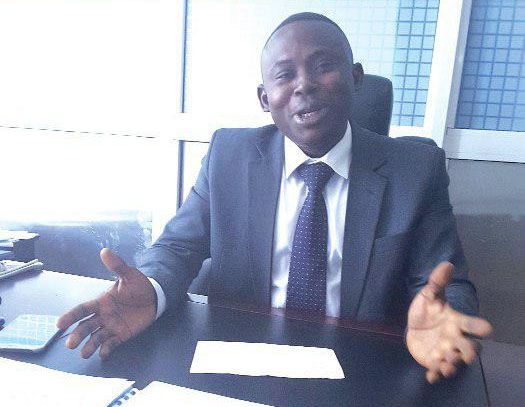
MMDAs tasked to develop transparent systems to combat corruption
As African’s Decentralisation Day is marked today, with focus on corruption, the National Association of Local Authorities of Ghana (NALAG) has challenged Metropolitan , Municipal and District Assemblies (MMDAs) to develop accountable and transparent systems to combat the growing corruption at the local government level.
A press statement issued by NALAG in Accra in connection with the celebration said the quest to improve on the living standards of the people would be a mirage if corruption was allowed to fester in the MMDAs.
Celebration
African Decentralisation Day was adopted at the January 2012 Africa Union (AU) summit.
The day is meant to serve as a reminder to all Africans, including those in the diaspora, of the importance of decentralisation in the building of Africa, as well as the role of local government in achieving this objective.
The theme for this year’s celebration is
Against this
“ In order to have a sustainable way to transform Africa from within its territories, our assemblies must join the fight against corruption from within,” NALAG said in the statement signed by the General Secretary, Mr Kokro Amankwah.
Engagement
The association urged MMDAs to be accountable to the people, engage citizens in participatory governance and conduct proper project management.
It noted that corruption at the local government level was a phenomenon across the world, and as such Ghana could not afford to look on without taking action to reverse the trend.
Finding solutions
NALAG posited that presently indicators of public confidence in local governance were not encouraging, citing corruption as the basis for the waning public confidence in the system.
But the association was confident that all was not lost if the right systems were put in place.
“Best practices such as improved access to public service, information disclosure and social audit,
The association condemned the practice where most contracts awarded in the MMDAs were shrouded in secrecy, explaining that such a situation did not allow the public to perform its role as social auditors of projects and contracts.
It suggested that in order to facilitate accountability and transparency, there must be legal mechanisms that would make certain documents available to the public.
“Citizens may keep MMDAs in check by reviewing documents and information such as disclosure of contract and project details,” it said.
